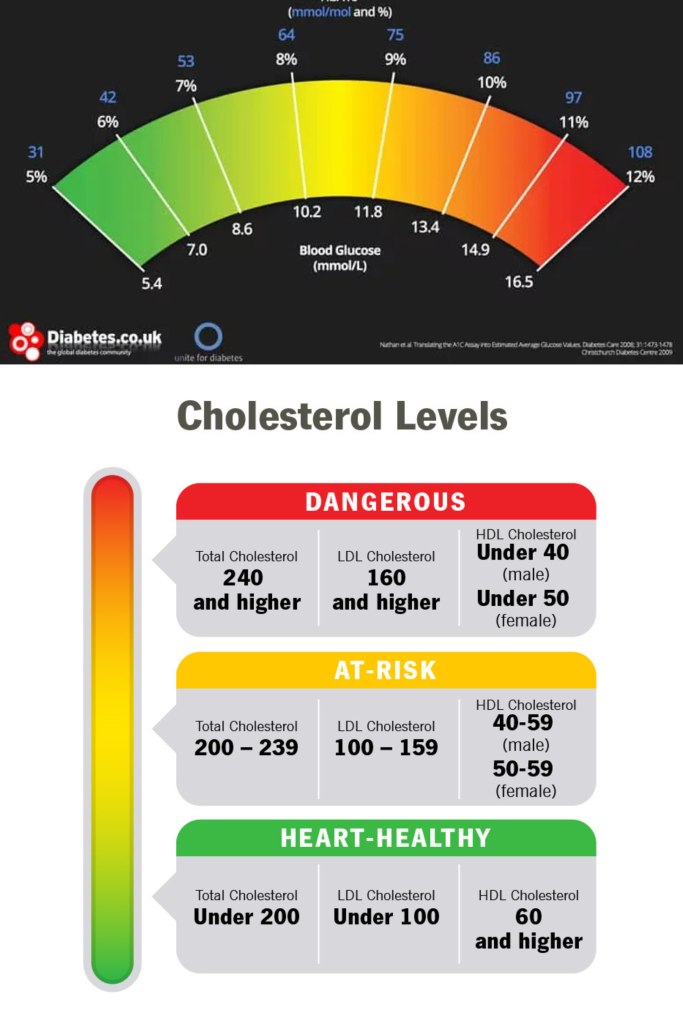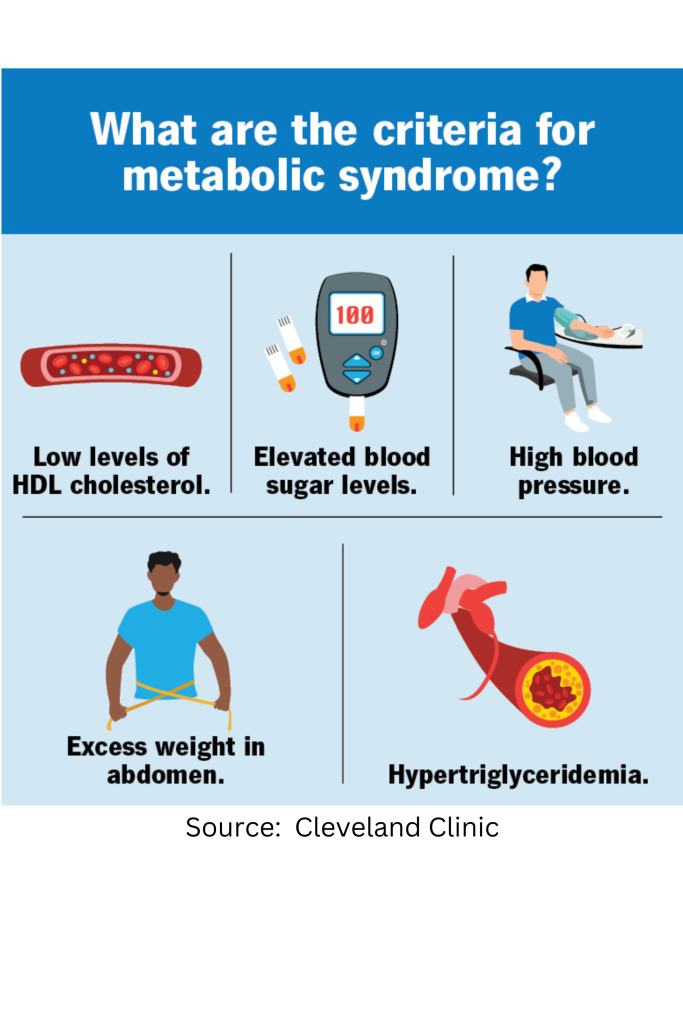What Does Our Blood Testing Include?
We offer fast, on-the-spot testing for three critical health markers:
- HbA1c (Glucose): Reflects your average blood sugar levels over the past 30 days.
- Lipid Profile (Cholesterol): Provides insights into your HDL (good cholesterol) and LDL (bad cholesterol) balance.
- C-Reactive Protein (CRP): A key indicator of inflammation, linked to chronic disease and metabolic health.
Why These Three Tests?
This combined test is ideal for anyone seeking a comprehensive picture of metabolic and cardiovascular health. It’s particularly valuable for those at risk of diabetes, heart disease, chronic inflammation, or anyone working toward improved health, fitness, or longevity. Regular monitoring helps identify issues early and guide personalised interventions.
- Glucose Testing – HbA1c
- What It Measures: The average blood glucose levels over the past 2-3 months.
- Why It Matters: Elevated HbA1c levels increase the risk of metabolic syndrome, diabetes and cardiovascular disease.
- Cholesterol Testing – Lipid Profile
- What It Measures: Balance of High Density Lipoprotein- HDL (good cholesterol), Low Density Lipoprotein – LDL (bad cholesterol), and triglycerides ( a type of fat) in the blood.
- Why It Matters: High cholesterol levels raise the risk of heart disease. Elevated triglycerides are associated with poor metabolic health, insulin resistance, and increased risk of heart disease and fatty liver disease.
- Inflammation Testing – CRP (C-Reactive Protein)
- What It Measures: Systemic inflammation associated with chronic diseases.
- Why It Matters: Elevated CRP levels can indicate chronic low-grade inflammation which is associated with poor metabolic health and can be a predictor of cardiovascular disease.
Who should consider the Metabolic Health Blood Test
- Individuals at Risk for Metabolic Syndrome or Diabetes: those who are overweight, have a sedentary lifestyle, poor dietary habits
- Athletes or Fitness Enthusiasts Focused on Performance and Longevity: Even fit individuals can have hidden metabolic issues (e.g., elevated CRP due to overtraining or HbA1c changes from poor fuelling).
- Individuals Managing Weight Loss or Lifestyle Changes – A combined blood test helps monitor improvements in glucose control, lipid profiles, and inflammation levels during weight loss or lifestyle changes.


Test Protocol
Pre-Test Preparation
- Fasting Requirements:
- Fasting is not required for HbA1c or CRP testing.
- For accurate lipid results, a 10-12 hour fast is recommended, unless testing non-fasting lipids.
- Hydration: Stay hydrated by drinking water before the test.
Test Phase
- Prick the finger – this is a capillary blood test which means we use a simple sterile lancet to administer a small finger prick
- Collect the Blood – the sample size required is approximately 50µL which is 1-2 drops of blood
- Load samples into blood analyser
Results and Insights
Participants receive a detailed report, including:
- Hb1Ac
- value (%) – Reported as a percentage of glycated haemoglobin (e.g., 5.2%, 6.8%).
- mmol/mol (IFCC Units) – International standard measurement (e.g., 34 mmol/mol).
- Lipid Panel
- Total Cholesterol (mg/dL or mmol/L)
- HDL (High-Density Lipoprotein) Cholesterol – “Good cholesterol.”
- LDL (Low-Density Lipoprotein) Cholesterol – “Bad cholesterol.”
- Triglycerides – Fats in the blood contributing to cardiovascular disease risk
- C-Reactive Protein (CRP)
- CRP Level (mg/L) – Reported in milligrams per litre of blood.
As part of your appointment, we will walk you through your results, providing personalised recommendations and actionable steps to help you achieve meaningful improvements.
FAQ
How long does the Metabolic Blood Test take?
- The total appointment will be about 40 minutes. The collection and analysis typically takes around 15-20 minutes.
Do I need to fast before the test?
- HbA1c and CRP: No fasting is required.
- Lipid Panel: For the most accurate results, fasting for 10-12 hours (water only) is recommended.
How often should I take a Metabolic Health Blood Test?
- It’s recommended to retest every 6-12 months for general
Is this test painful?
- No, the test involves a quick, minor finger prick to collect a small blood sample of a couple of drops
